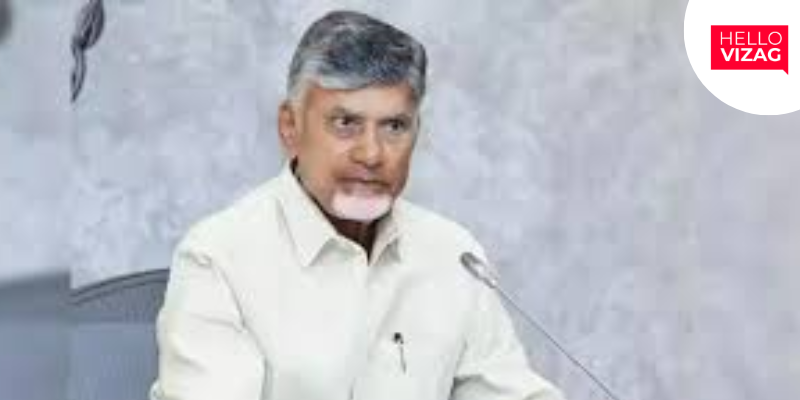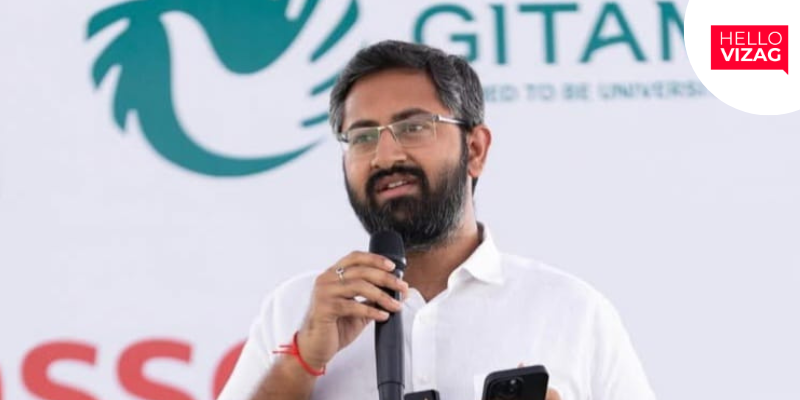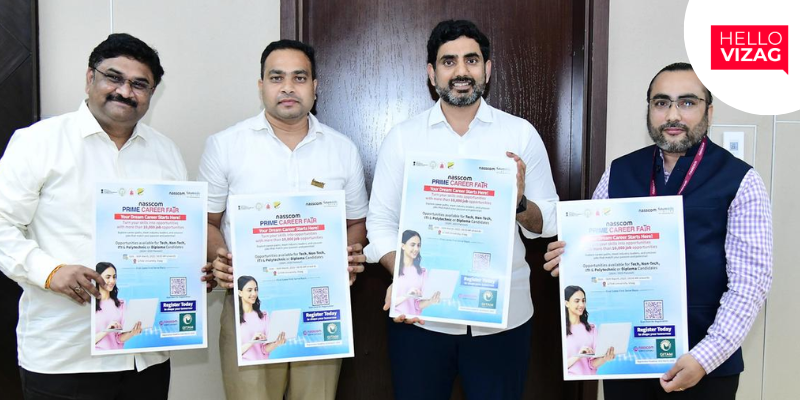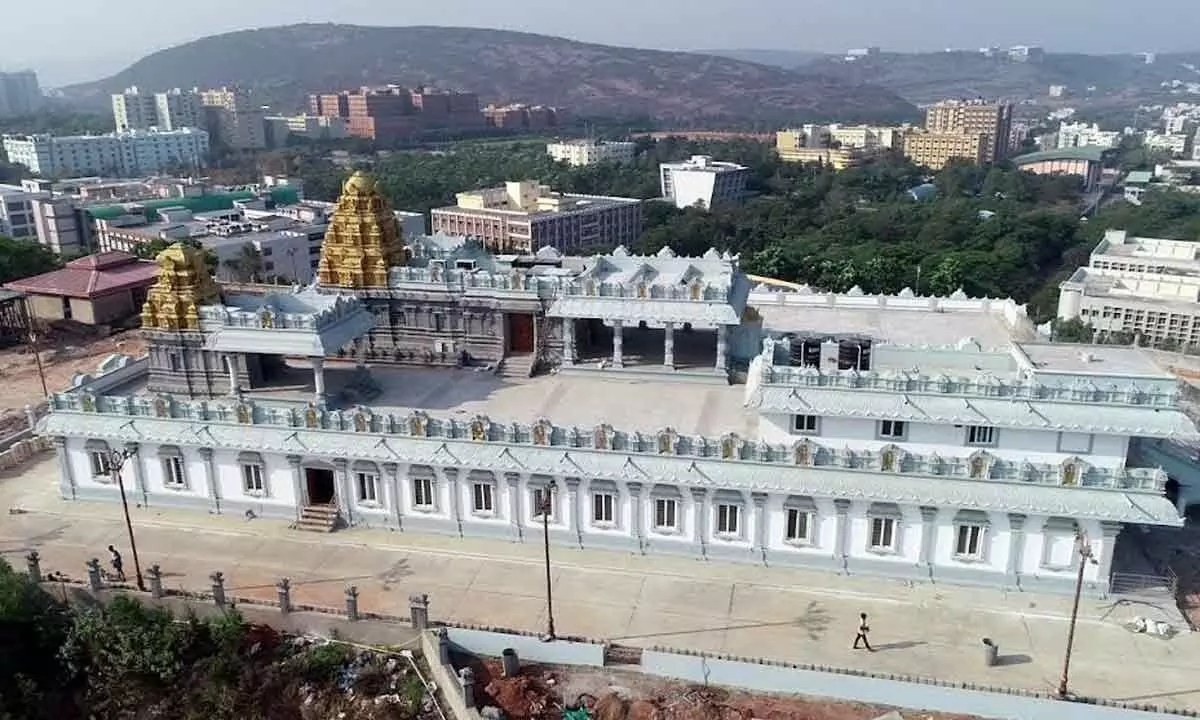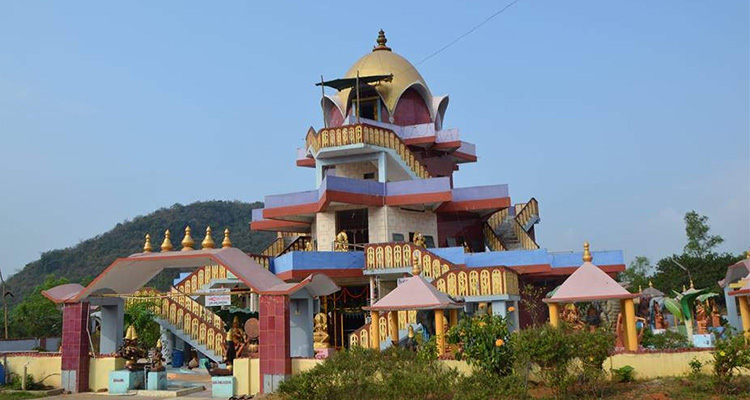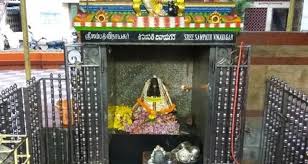“It’s time to introspect on the need for humanizing medicine: opines medical fraternity
Indian society is in the process of humanizing itself. Unattended systemic faults have dehumanized nearly all institutions. The victim is the citizen, the hapless individual who has no say in exercising his or her choice. Take a rape survivor, for instance.
She is re-traumatized every time she is asked about the incident. Take the parents of a child in intensive care. It is tough to find a doctor who patiently tells them what is happening. Or, the prisoner who is nearing the end of his jail term.
There is none to sound him out about rehabilitation measures. Things are changing, though. Some lawyers are taking up the cause of minimizing the trauma and embarrassment of rape survivors by seeking limits on repeated bare-all questioning.
There are efforts to make post-prison rehabilitation an integral part of the criminal justice system. Positive punishments, like ordering a felon to undergo community service, are being experimented with. Even in the corporate world, recruitment processes are being sensitized to do away with discrimination related to gender, race, class, and social profiling.
If there is one area where the human touch is essential but where commercialization has nearly eroded human values, it is health care. Whatever the reason, whether crowded hospitals, limited infrastructure, urban-rural divide, or affordability of medical services, organizational culture is missing that empowers patients to be equal partners in the caregiving process.
Commenting on the contemporary scenario Dr. D Raghunatha Rao, Founder Director of Homi Bhabha Cancer Hospital and Research Centre & chief of medical oncology, KIMS-ICON Hospital said “the perceptions have changed - we were raised to believe that medicine is a noble profession. Corporate commercialization, prolonged training period, exploitation by employers has eroded morals and values totally. At 24 years, a Software Engineer or an MBA earns 10 times the 'package' of what a doctor earns after 11 years of training! This has led to a lot of disillusionment amongst young doctors”.
Some senior doctors in the national Capital have come together to “introspect on the need for humanizing medicine” and the tools to launch the process of change. Their basic philosophy is that modern medicine can treat and control complex diseases and yet it is also becoming “impersonal, cold, commercial and dehumanized”.
A two-day webinar with global participants and top medical professionals this week discussed the factors that undermine human connections. Perhaps the first comprehensive exercise in India to protect patients from de-personalization and provide patient-centered care, it can pave the way for a convivial patient-caregiver relationship that can reduce avoidable suffering in hospitals.
Millions of patients have the same sordid tales of insensitivity of medical staff and doctors, inadequate time for patients, dismissive attitudes, keeping patients in the dark about the nature of the disease or treatment processes, failure to follow best practices, insufficient communication, lack of transparency, empathy and information and even insensitive behavior. Medical professionals need to step outside their roles and observe themselves to pinpoint the shortcomings.
Constant engagements with patients and families on smoother collaboration are called for. The idea is not to undermine patients, their doubts, confidence, and trust. At the same time, patients’ families should also be convinced to follow civic protocols and not resort to intimidation and violence.
The medical fraternity should know that the basic fluency in the human dimensions of patient care, e.g. respectful attentiveness and a genuine commitment to a patient’s welfare, can and must be instilled throughout training. It happens not in the classroom, of course, but, ideally, on the wards and in clinics under the watchful mentorship of seasoned physicians. Also, the best lessons are learned at the side of experienced mentors. This is the future of medicine where science meets the true human element.












